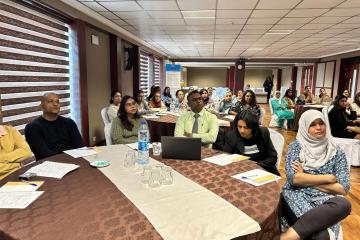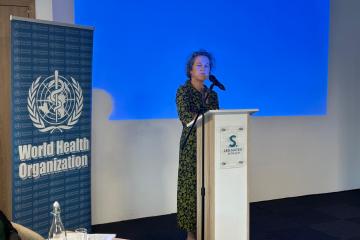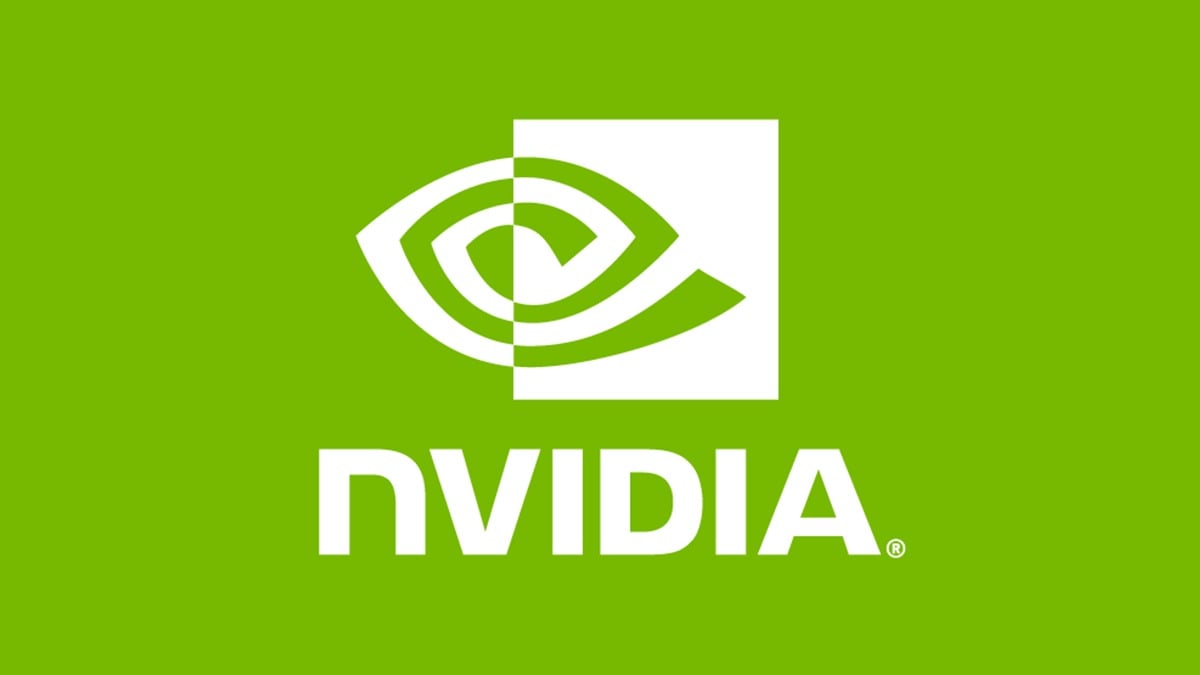“The afternoon session changed into of in particular interest to me since it dealt with the pediatric administration of the Chikungunya illness. The shows were clinically oriented and straight forward to admire”, said Dr Nasseema Aumeer, Consultant in Charge (Pediatrics & Neonatology) of the Sir S. Ramgoolam North Hospital. Now, I am more confident to diagnose and manage neonatal chikungunya, she added.
Dr Aumeer was among the 48 frontline health professionals who joined the high-impact training session, organized by World Health Organization (WHO) as part of the national response to the ongoing Chikungunya outbreak.
Midwives, Neonatal Intensive Care Units (NICUs) nurses, gynecologists, pediatricians and medical Officers, strengthened their clinical competencies to manage Chikungunya cases, particularly for vulnerable groups such as neonates, children, pregnant women and high-risk adults during the intensive training.
Led by a panel of WHO experts—Professor Bigoga Jude (Vector Control), Dr. Masina John (Case Management & IPC, WHO Emergency Hub Nairobi), Dr. Kleber Luz (Pediatrician & Global Arbovirus Expert, Brazil), and Dr. Kursheed Meethoo Badulla (WHO Mauritius Disease Control Officer)—the session covered a comprehensive range of topics:
-
Clinical case definitions and differential diagnoses
-
Early warning signs and complication management
-
Standardized protocols and referral pathways
-
Specialized modules for pediatric and neonatal care
-
Vector control strategies and transmission dynamics
The training emphasized evidence-based, hands-on learning, fostering deeper understanding and real-time application in clinical settings. By focusing on early recognition, accurate diagnosis, and timely intervention, the program aims to reduce complications and improve patient outcomes.







